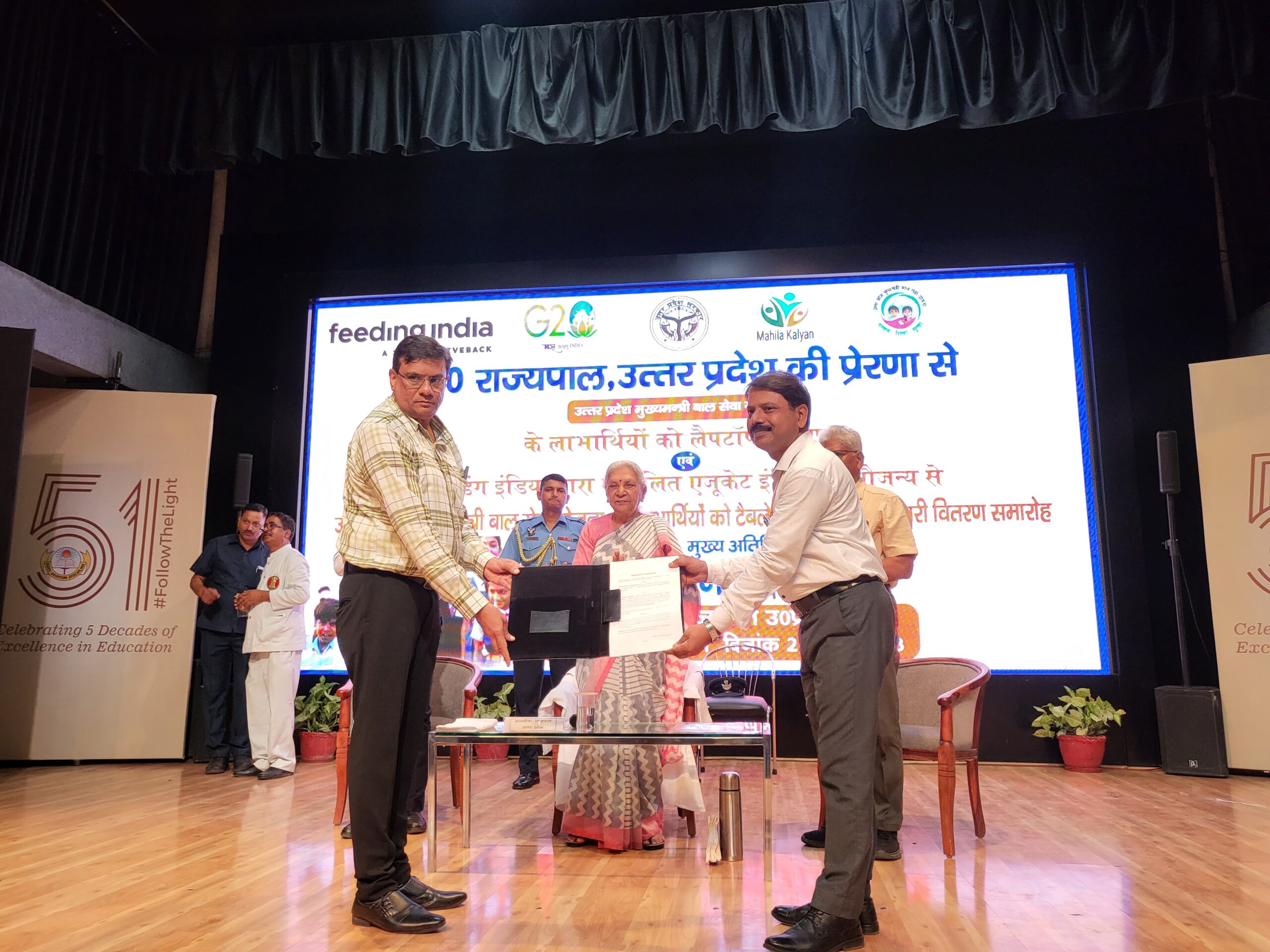Bengaluru, NFAPost: In a significant move highlighting India’s escalating prominence in the global technology landscape, Prime Minister Narendra Modi signed the Artemis Accords during his recent state visit to the United States. This signing solidifies India’s commitment to international space cooperation and lunar exploration. The Artemis Accords, an initiative led by NASA and the US Department of State, serve as a framework for collaboration in civil space exploration and utilization, with a primary focus on returning humans to the Moon and advancing space exploration to Mars and beyond.
The Artemis Accords: An International Agreement
Based on the foundations of the United Nations Outer Space Treaty of 1967, the Artemis Accords represent a non-binding multilateral agreement between the US government and other participating countries involved in the Artemis program. This ambitious endeavour, spearheaded by the US, aims to land humans on the Moon by 2025 and foster future space exploration missions.
To date, as of June 22, 2023, 26 countries and one territory have signed the accords, encompassing representation from Europe, Asia, North America, Oceania, Africa, and South America. Through their signatures, these countries affirm their commitment to the fundamental principles and guidelines outlined for lunar missions.
Key Principles and Guidelines for Lunar Missions
The Artemis Accords lay out several fundamental principles that signatory nations are expected to adhere to in their lunar missions. These principles encompass:
- Peaceful Exploration of Space: Participating countries pledge to conduct space activities in a peaceful manner, ensuring the avoidance of any harmful interference or conflicts.
- Transparency and Interoperability: Signatories agree to promote transparency by openly sharing scientific data, emergency assistance, and orbital debris tracking information. They also commit to enhancing interoperability among space systems and facilitating safe and efficient collaboration.
- Sustainable Utilization of Space Resources: Nations commit to the responsible and sustainable use of space resources, such as lunar regolith and water ice, while adhering to international law and relevant domestic regulations.
- Preservation of Historic Sites and Artifacts: The accords emphasize the importance of safeguarding and preserving historic lunar sites and artefacts, recognizing their scientific, cultural, and historical significance.
India’s Pledge to Global Space Cooperation
India’s decision to sign the Artemis Accords underscores its dedication to international collaboration in space exploration. By joining the accords, India secures the opportunity to participate in future lunar missions alongside countries like the United States, promoting knowledge sharing, technological advancements, and scientific research.
Additionally, the Indian Space Research Organisation (ISRO) and NASA have reached an agreement to launch a joint mission to the International Space Station (ISS) in 2024. This collaboration serves as a testament to India’s expanding role in global space endeavours, facilitating scientific and technological cooperation between the two nations.
Advancing Collaborations and Semiconductor Ecosystem
In conjunction with the state visit, India and the United States have announced further partnerships that aim to bolster the technological landscape. Multiple US companies have committed to collaborating with India in establishing a semiconductor ecosystem that fosters supply chain diversification.
Micron Technology, supported by the Indian National Semiconductor Mission, has recently unveiled plans for an investment exceeding $800 million. This substantial investment, coupled with additional financial support from Indian authorities, will culminate in the creation of a $2.75 billion semiconductor assembly and test facility in India. These collective efforts aim to strengthen India’s semiconductor industry and contribute to the resilience of the global supply chain.
As India actively participates in the Artemis Accords, engages in international space collaborations, and forges partnerships in semiconductor manufacturing, the nation’s growing significance in the global technology landscape becomes increasingly evident. These initiatives solidify India’s commitment to pushing the boundaries of scientific exploration and establishing itself as a vital player in the technology-driven world of tomorrow.





